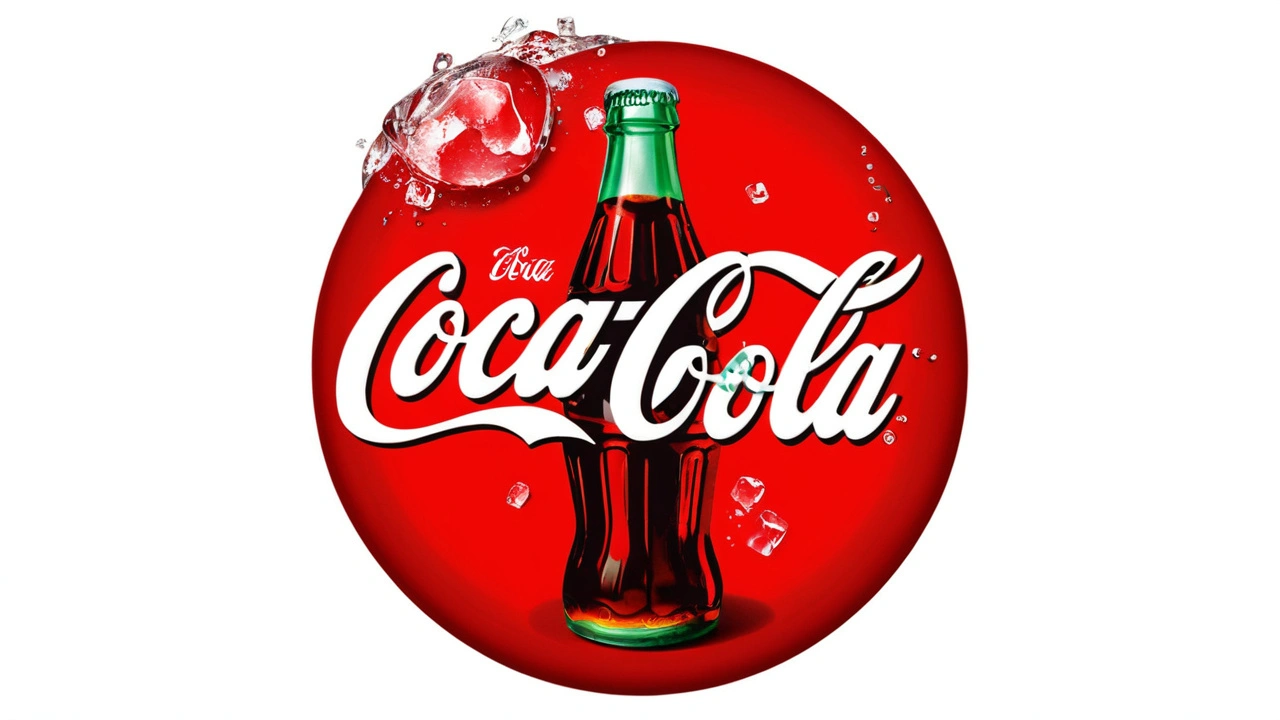Understanding Your Consumer Rights
Buying products or services can sometimes be tricky, but knowing your consumer rights can save you a lot of headaches. Consumer rights are the rules that protect you when you buy something, making sure you get what you paid for, and that businesses treat you fairly. Whether you’re shopping online or in a store, these rights apply and help you demand quality and fair treatment.
For example, if a product is faulty or doesn't match the description, South African consumer law often allows you to return it, get a replacement, or receive a refund. It’s important to keep your receipts and understand the return policies before making purchases. Being aware of these rights saves you from unfair treatment and wasted money.
How to Handle Common Consumer Issues
What should you do when you face a problem with a product or service? First, always contact the seller and explain the issue clearly. Many problems can be fixed quickly if you give businesses a chance to make things right. If that doesn’t work, you can reach out to consumer protection agencies for help. In South Africa, organizations like the National Consumer Commission stand ready to assist customers who are treated unfairly.
Also, watch out for signs of scams or misleading advertising. If a deal sounds too good to be true, it probably is. Before you hand over your money, research the seller, read reviews, and ask questions. This kind of caution helps you avoid falling victim to tricks and keeps your purchases secure.
Simple Tips to Make Smart Purchases
Planning ahead helps you shop smarter. Make a list of what you need, compare prices from different sellers, and read product descriptions carefully. Look for warranties that promise repairs or replacements if things go wrong. If you shop online, check if the website uses secure payment methods and has clear contact information.
Remember, being a smart consumer means you don’t just accept everything at face value. Expect quality, know your rights, and don’t hesitate to speak up when something’s wrong. This simple approach helps you get the most out of your money and avoid frustration.

FCCPC Accuses Coca-Cola and NBC of Misleading Marketing Practices
The Federal Competition and Consumer Protection Commission (FCCPC) has charged Coca-Cola Nigeria and Nigerian Bottling Company with misleading customers through deceptive labeling and marketing of their products. The investigation revealed violations of the FCCPA and stressed that the companies consistently misrepresented product formulations.